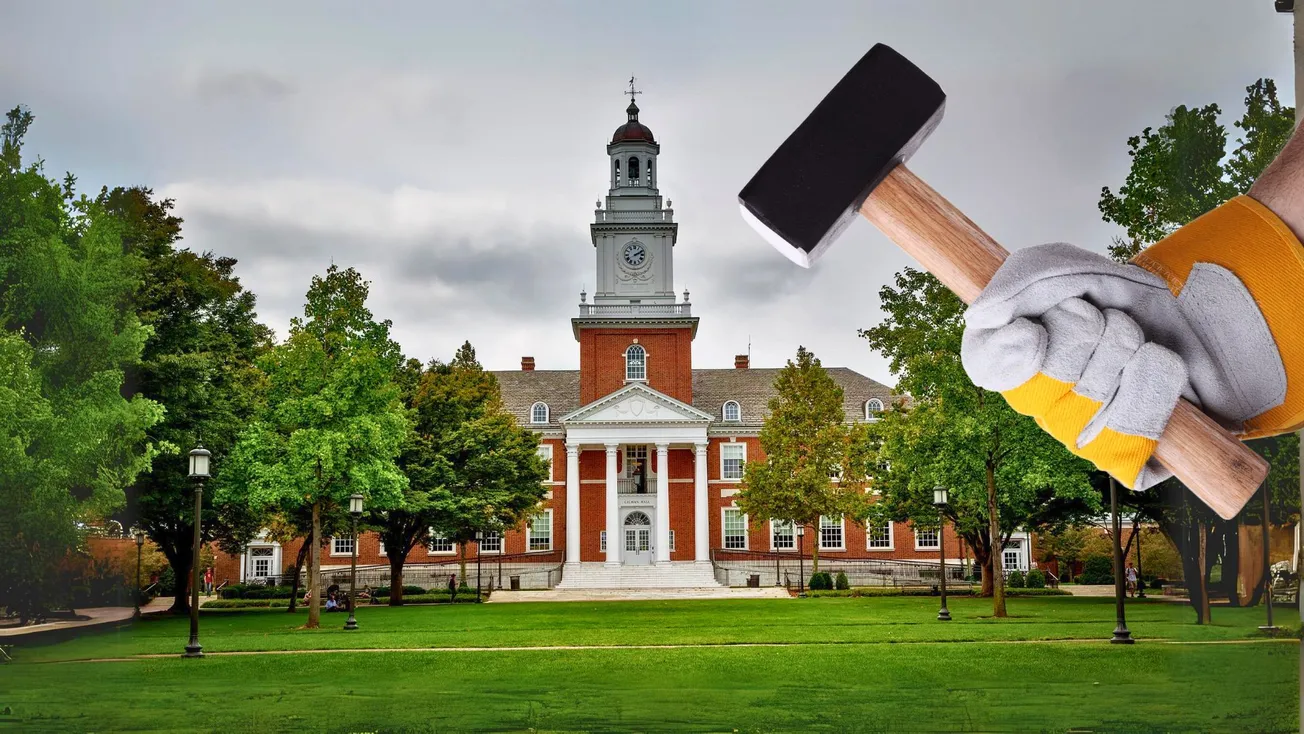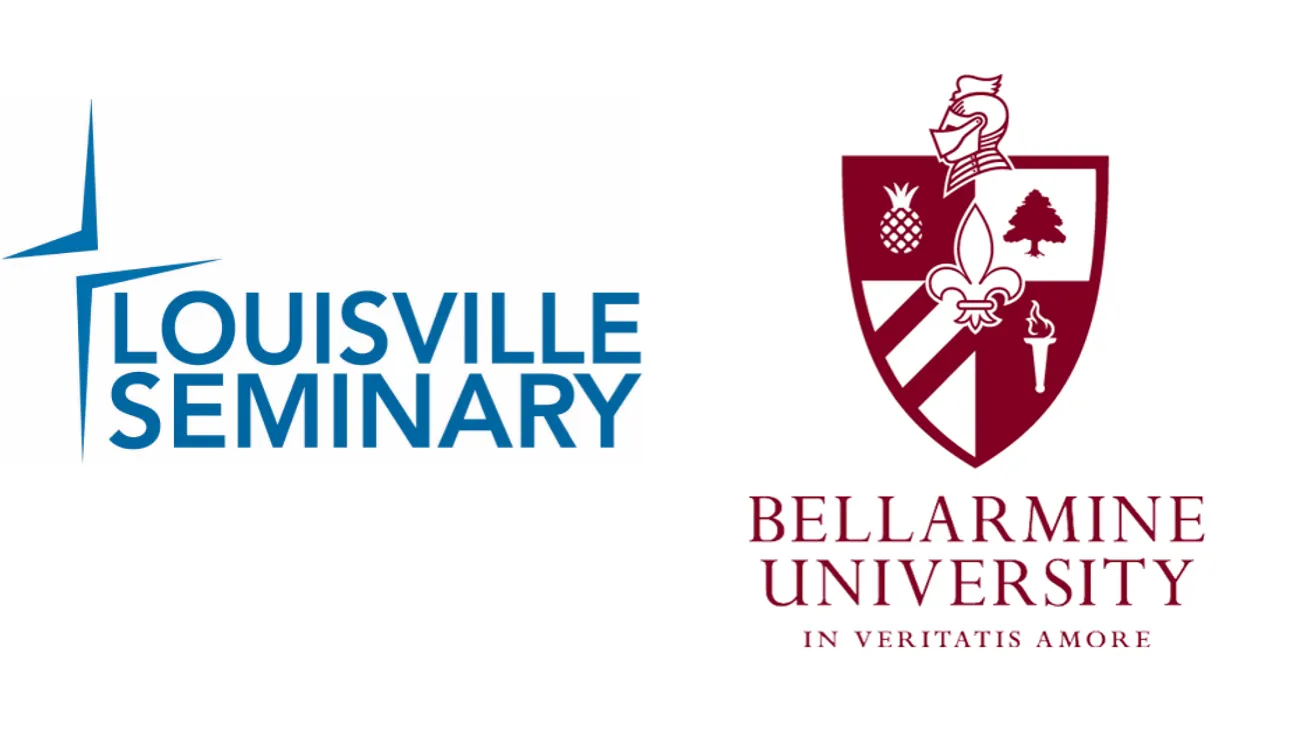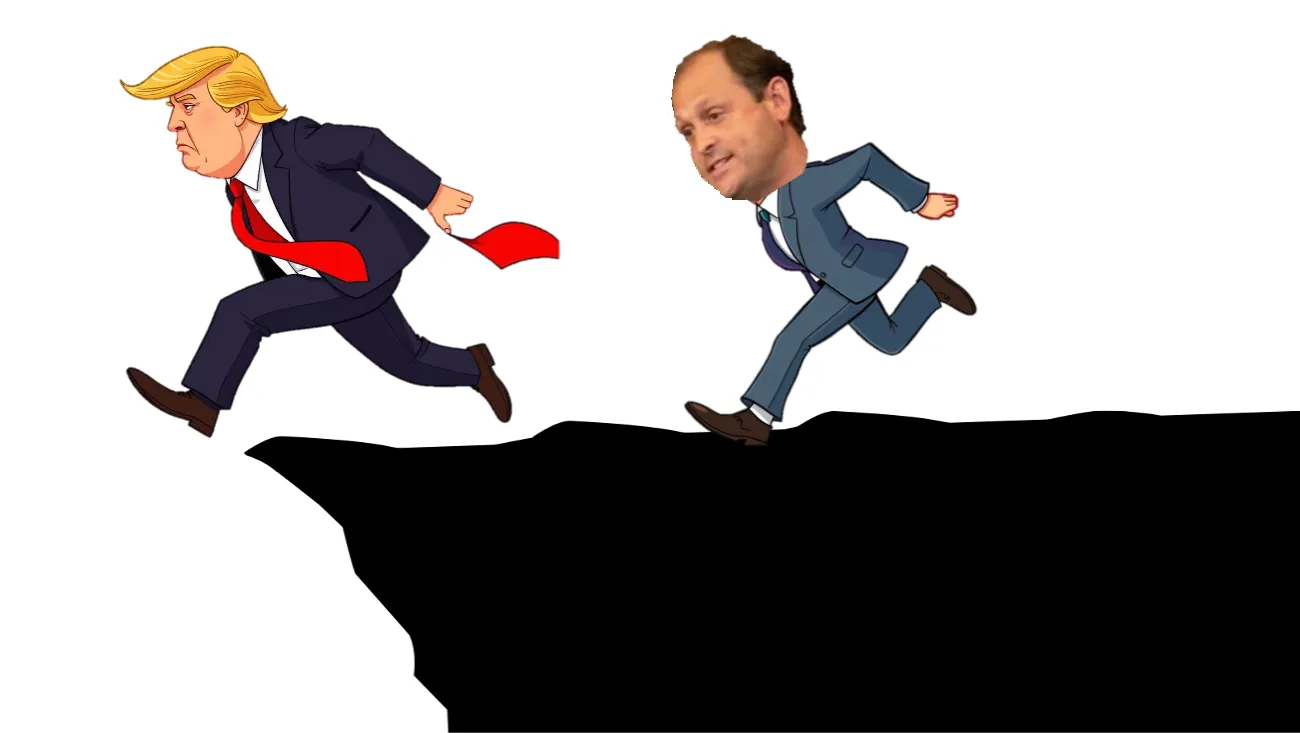The Kentucky Senate passed SB 6, an Anti-DEI (Diversity, Equity, & Inclusion) bill aimed at higher education; it now faces House consideration. If it passes, Kentucky will join the Anti-Intellectual Club, along with Tennessee, South Dakota, Florida, Texas, and Alabama.
Although bill sponsor, Senator Mike Wilson, states the goal as “viewpoint diversity,” the 11 pages of provisions are heavy-handed government overreach intended to censor academic freedom of faculty as well as students. What legislators say is “much needed oversight” is instead insulting, unnecessary micromanagement, undermining institutional autonomy to choose best practices in educational content and program delivery.
The Senate hearings were telling: white conservatives giving testimony about reverse discrimination and forced agreement to “liberal ideologies.” (Senator Wilson did not respond to a request for examples.) Are we expected to weigh their suffering equally with that experienced by minority groups for centuries?
More alarming is the bill’s boiler-plate language with roots in white supremacy, handed down from extremist conservative organizations which vow to end multiculturalism and its sub-genres — wokeism, DEI, CRT, and social justice — as well as to institute meritocracy. Their core premise is that diversity causes division – classic “double speak” (using language to obscure meaning, like making something good appear bad).
The bill’s language is inarticulate and contradictory and exposes a lack of knowledge of the educational process. Here are the main provisions and why they are problematic.
The main provision of SB 6
▶︎ It bans so-called “discriminatory concepts.” This too is double speak: The concepts are “educational” concepts or topics to which a pejorative adjective has been assigned, to manipulate perception. Concepts aren’t bad or good; they are examined by students, who must use logic and evidence to determine merit.
As I read and re-read the bill, something was niggling at me – and then it hit me: Many of the banned concepts can actually be shown to have factual merit and thus directly conflict with the white supremacist agenda behind the bill. Of course a bill with roots in white supremacy would ban concepts that expose white power structures threatened by Diversity Initiatives!
▶︎ Litigation is encouraged (with a cash prize up to $100K!) in lieu of standard grievance procedures.
▶︎ Required courses may not present a banned concept as fact. This raises questions and is open to interpretation, which would make implementation incapacitating. Standard topics included in sociology, history, philosophy, minority-group studies, etc. could be censored, including implicit bias, systemic racism, reparations, privilege, etc. Will course accreditation requirements (even though protected in the bill) butt up against the bill’s provisions? May banned concepts be presented as fact in non-required courses? Would a doctoral candidate’s research be allowed, if it explored the factual merits of a banned concept?
The most basic form of Diversity Training is delivering accurate, unvarnished history. Would this bill restrict educators from using historical texts which present banned concepts as fact, such as The Fiery Cross (KKK newspaper) or The Protocols of the Elders of Zion (anti-Semitic book)? Maybe not. But suppose a professor:
- Presents early American textbooks which describe “Negroes” as inferior,
- Requires reading The Color of Law; A Forgotten History of How Our Government Segregated America, a book exploring systemic racism caused by redlining, or
- Discusses white privilege and meritocracy, presenting evidence of opportunity inequities for minority sub-groups.
Could bad actors encourage students to file lawsuits claiming professors are indoctrinating students to believe America is inherently white supremacist? How can faculty facilitate academic inquiry and debate unfettered?
▶︎ Academic freedom is encouraged – but contradicts provisions banning content and threatening litigation.
▶︎ Diversity training (for students and faculty) may not include any banned concepts, including implicit bias or privilege. Thus, diversity training would be effectively eliminated, robbing participants of the insights which lead to understanding and respect for diverse people.
▶︎ Prospective and current students and employees may not be asked about their position on DEI initiatives, including whether or how they would support them. This takes away institutional autonomy to gauge, for example, whether candidates have the skills and ideology necessary to uphold the institution’s commitment to delivering a fair, welcoming, and safe learning environment with diverse educational materials.
▶︎ Institutions may not disinvite a scheduled controversial speaker – even if they determine that the safety and security of faculty and students may be at risk.
▶︎ Student Free Speech rights are explicitly expanded to include offensive and radical speech, possibly conflicting with an institution’s Code of Conduct, which bans threatening and discriminatory speech in order to foster a safe, respectful learning environment. Public speech has been expanded to include areas institutions have deemed off limits in order to minimize disruption to the learning process – which is their primary function.
It’s highly concerning that these provisions appear to ignore recent higher-education controversies with students calling for “genocide of Jews” on campuses. Institutions already carefully examine and are tasked with balancing Free Speech with an individual learner’s right to mental and physical safety and security. SB 6 allows unknowledgeable legislators to insert themselves into this process.
And some omissions in the bill
There are glaring omissions in SB6:
- That gender identity and sexual orientation should be protected from discrimination
- That professors should be given the tools to manage the distress students inherently feel when encountering distressing topics!
This bill doesn’t achieve the goal of “viewpoint diversity” in a safe learning environment, and instead gloms on restrictions to academically accepted viewpoints. It does not respect the professionalism nor expertise of the educational community. It will take a sledge hammer to Kentucky’s higher education, threatening its quality and making it challenging to recruit and retain both students and educators.
The bottom line: Kentucky will become less competitive.
DEI is still relatively new, with efficacy data just beginning to emerge. Instead of wholly unnecessary legislation, a wiser path would be for legislators to ask the Kentucky Council on Postsecondary Education to work with universities to improve DEI initiatives by strengthening protections for “viewpoint diversity” and providing faculty with best practices for discussing emotionally challenging topics—and then get out of the way!
--30--
Contact your legislators about this bill, especially if you are a student or an educator.








